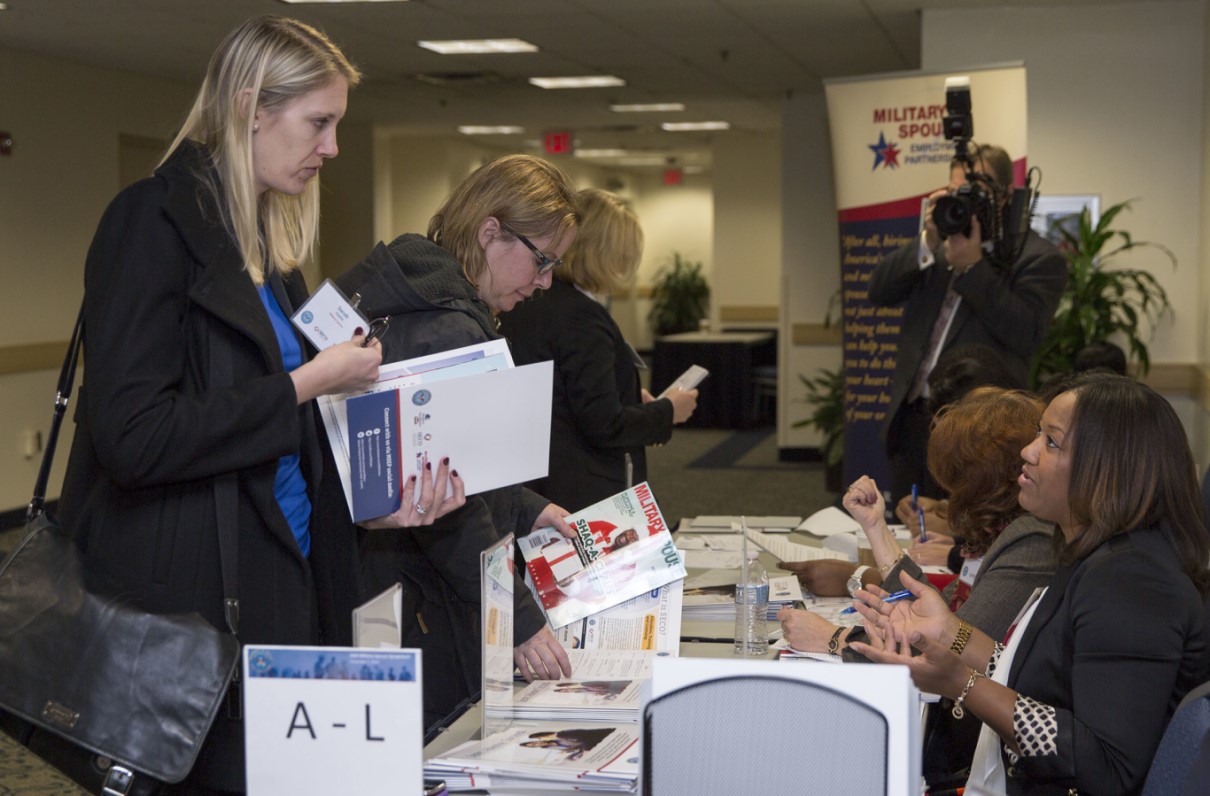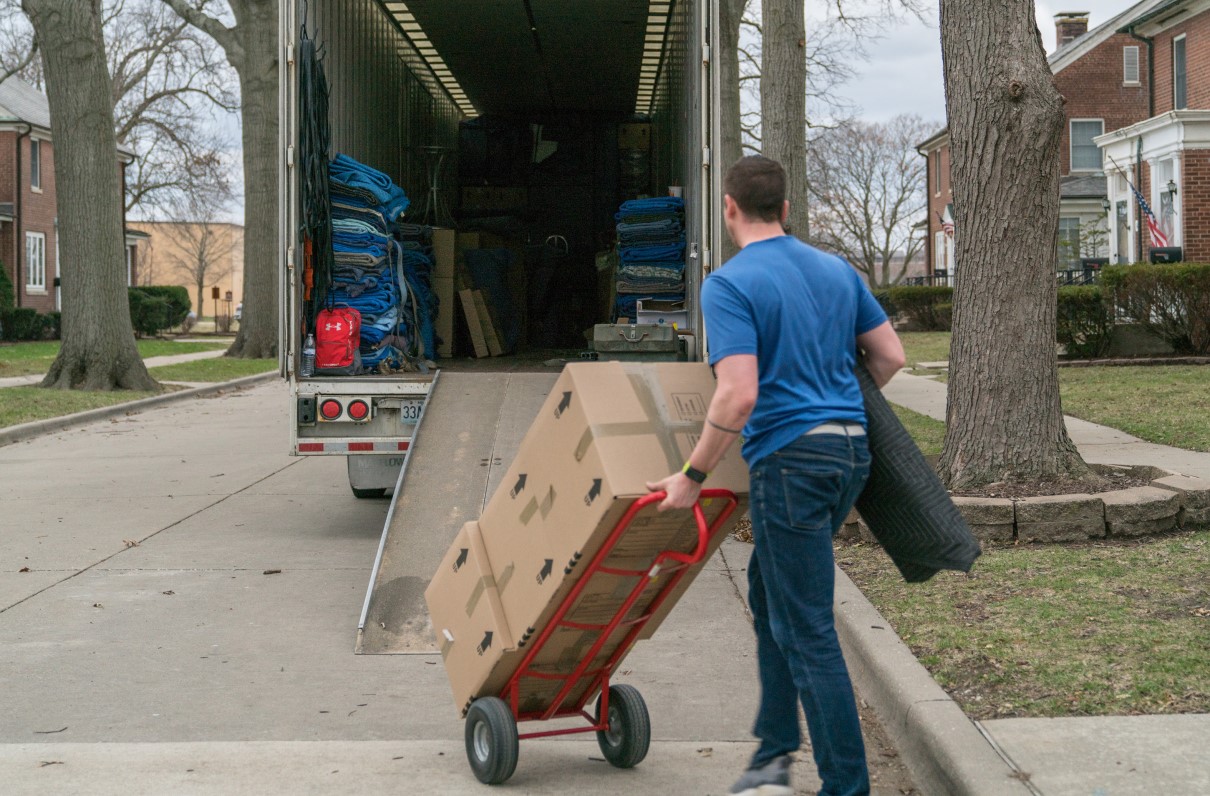By MOAA Staff
The recent release of a DoD report outlining the status of military spouse licensure offered a recap of this complicated issue and helps point out how MOAA members can engage at the local level to benefit military families nationwide.
Each state manages licensure differently. Some have put measures in place to recognize licenses granted by other states (either permanently or over a transition period), others have fast-tracked the licensure process for military spouses, and still others are behind the curve on the issue. The report offered a color-coded chart for measuring state progress; the Department of Labor also tracks states via this map.
MOAA has been active at the national level pushing for expanded programs to assist military spouses in education and career ventures, to include leading the way in the successful effort to expand the My Career Advancement Accounts (MyCAA) program as part of the FY 2020 National Defense Authorization Act. At the local level, members can contact their local MOAA Chapter to get involved in advocacy efforts of all stripes, including furthering your state’s work on licensure improvements.
[RELATED: More Military Spouse Resources from MOAA]
If you’re not sure what to focus on, take some cues from the report itself:
- Better awareness. “State policies that are not adequately highlighted on websites become opaque to military spouses,” the report states. In other words, your state may have a strong plan on paper, but the execution may be lacking. Encourage state officials to make state benefits easy to find and understand, and help spread the word.
- Compact clarity. Interstate compacts based on profession allow for blanket agreements between states to accept licenses issued by one another. Per the report, the Nurse Licensure Compact has 34 states, the Physical Therapy Compact has 26, and the Emergency Medical Services Compact has 18. If your state isn’t on these lists (get links to them here), push your lawmakers to get on board.
- A research guide. The report includes a state-by-state legislative breakdown on legislation supported by the Defense-State Liaison Office (DSLO), a group established in 2004 to educate state leaders on license portability and a range of other issues important to the quality of life of military families. A little reading will get you caught up on your state’s situation, and what more can be done.
Along with local chapter resources, MOAA has two virtual chapters, the Uniformed Services Nurse Advocates Virtual Chapter and the Surviving Spouse Virtual Chapter. However you choose to engage with your community – local or virtual – your actions can help military families find success and continue to serve.


